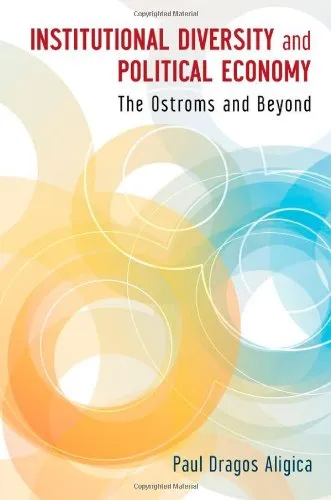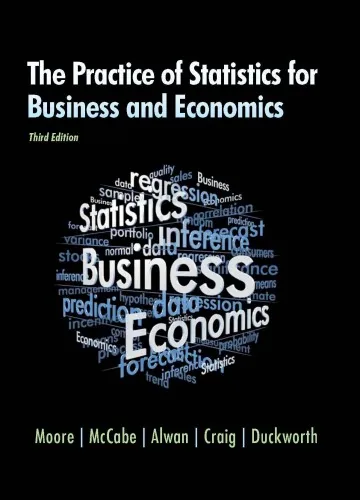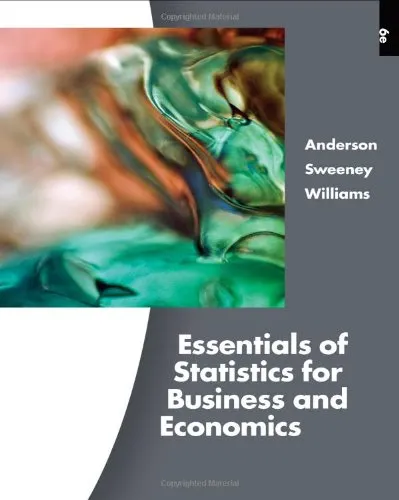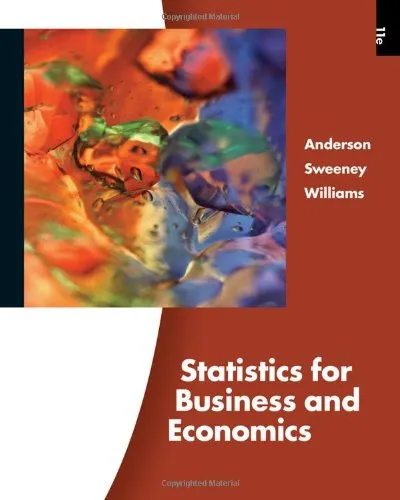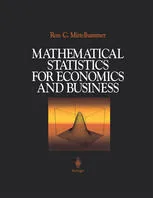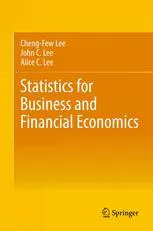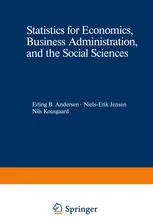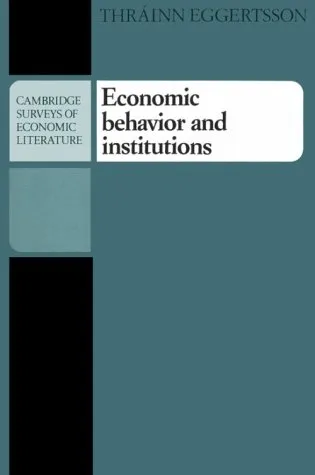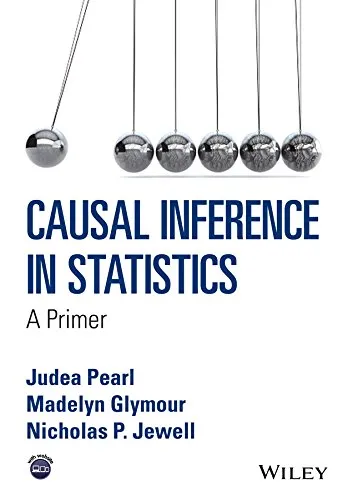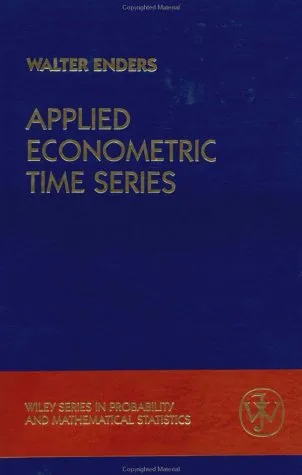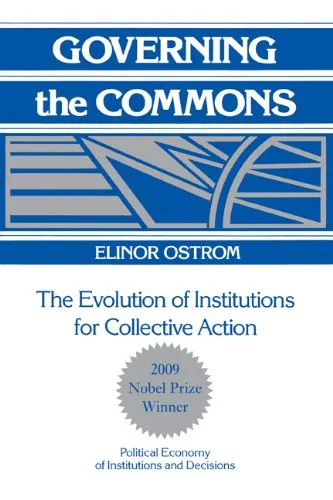Institutional Diversity and Political Economy: The Ostroms and Beyond
4.5
Reviews from our users

You Can Ask your questions from this book's AI after Login
Each download or ask from book AI costs 2 points. To earn more free points, please visit the Points Guide Page and complete some valuable actions.Related Refrences:
Introduction
"Institutional Diversity and Political Economy: The Ostroms and Beyond" is a groundbreaking work that delves deeply into the legacy and continuing relevance of Elinor and Vincent Ostrom's contributions to political economy, institutional analysis, and governance studies. This book bridges the gaps between theory and practice, offering readers a profound understanding of institutional diversity and its impact on governing complex social and economic systems. By situating the Ostroms' work within broader intellectual traditions and extending their ideas into new realms, I aim to provide a robust analytical framework for scholars, policymakers, and practitioners alike.
The Ostroms' work revolutionized the way we think about governance, self-organization, and collective action. In this book, I explore not only the foundational aspects of their contributions but also the ways in which these insights can be expanded to address the pressing challenges of the 21st century. Through a systematic and interdisciplinary approach, this text underscores the enduring importance of their ideas while setting the stage for future investigations into institutional diversity and innovation.
Detailed Summary of the Book
At its core, "Institutional Diversity and Political Economy" is an intellectual journey that examines the importance of institutions in shaping human interactions and societal outcomes. Drawing on the Ostroms' foundational ideas, this book explores the intricate dynamics of institutional arrangements, governance structures, and public choice theory. It highlights the critical role of polycentric systems and collaborative governance in addressing complex social dilemmas.
The book is structured to systematically analyze three core aspects: first, the theoretical underpinnings of the Ostroms’ work, including the development of institutional analysis frameworks; second, the practical implications of these theories for real-world governance challenges; and third, the future trajectories for research inspired by their ideas. Additionally, the book goes beyond the Ostroms' work to incorporate contemporary discussions in political economy and institutional design, showcasing how their legacy continues to guide and inspire modern scholarship.
Through a rich combination of in-depth theoretical exploration and practical applications, the book reveals how institutional diversity is essential in fostering resilience, adaptability, and innovation in governance. Whether dealing with global issues like climate change or local challenges like urban planning, the concepts presented serve as valuable tools for navigating an increasingly interconnected and complex world.
Key Takeaways
- Institutional diversity is not only a descriptive characteristic of governance systems but also a fundamental prerequisite for solving complex social and economic issues.
- Polycentric governance, as proposed by the Ostroms, offers a flexible and adaptive approach to managing public goods, common-pool resources, and collective action problems.
- The Ostroms’ work bridges economics, political science, and institutional analysis, providing a holistic framework for understanding governance across scales and contexts.
- This book extends their legacy by integrating their ideas into contemporary debates on resilience, innovation, and the challenges of modern governance.
- Institutional analysis is a powerful methodological tool for understanding how context-specific factors influence the success or failure of collaborative endeavors.
Famous Quotes from the Book
The book provides a rich tapestry of ideas, but a few lines stand out for their profound implications:
"The enduring legacy of the Ostroms lies in their insistence that human societies, when equipped with the right institutional arrangements, are capable of overcoming even the most daunting collective action problems."
"Institutional diversity is the hallmark of resilience. In a world of growing complexity, no single model of governance can suffice."
"Understanding institutions is not merely an academic exercise—it is the key to unlocking the potential for human flourishing."
Why This Book Matters
Governance, institutional innovation, and public policy design have never been more critical than in today's globalized and interconnected world. The challenges we face—whether they involve climate change, resource management, or urban development—require creative and flexible governance solutions. This book matters because it builds on the Ostroms' work to address these pressing issues, offering a comprehensive framework to navigate institutional complexity.
Furthermore, the book underscores the importance of shifting away from one-size-fits-all solutions toward embracing institutional diversity. It celebrates the capacity of human societies to self-organize and find innovative ways to solve problems, reinforcing a message of empowerment and hope. Whether you are a scholar of political economics, a policymaker, or simply a curious reader, this book provides a wealth of insight into the mechanisms that sustain cooperation and governance in complex systems.
In sum, "Institutional Diversity and Political Economy: The Ostroms and Beyond" is not just a tribute to two remarkable thinkers—it is a call to action. It challenges readers to think critically about the design and evolution of institutions, and it equips them with the tools to build a better, more cooperative world.
Free Direct Download
You Can Download this book after Login
Accessing books through legal platforms and public libraries not only supports the rights of authors and publishers but also contributes to the sustainability of reading culture. Before downloading, please take a moment to consider these options.
Find this book on other platforms:
WorldCat helps you find books in libraries worldwide.
See ratings, reviews, and discussions on Goodreads.
Find and buy rare or used books on AbeBooks.
1293
بازدید4.5
امتیاز0
نظر98%
رضایتReviews:
4.5
Based on 0 users review
Questions & Answers
Ask questions about this book or help others by answering
No questions yet. Be the first to ask!
